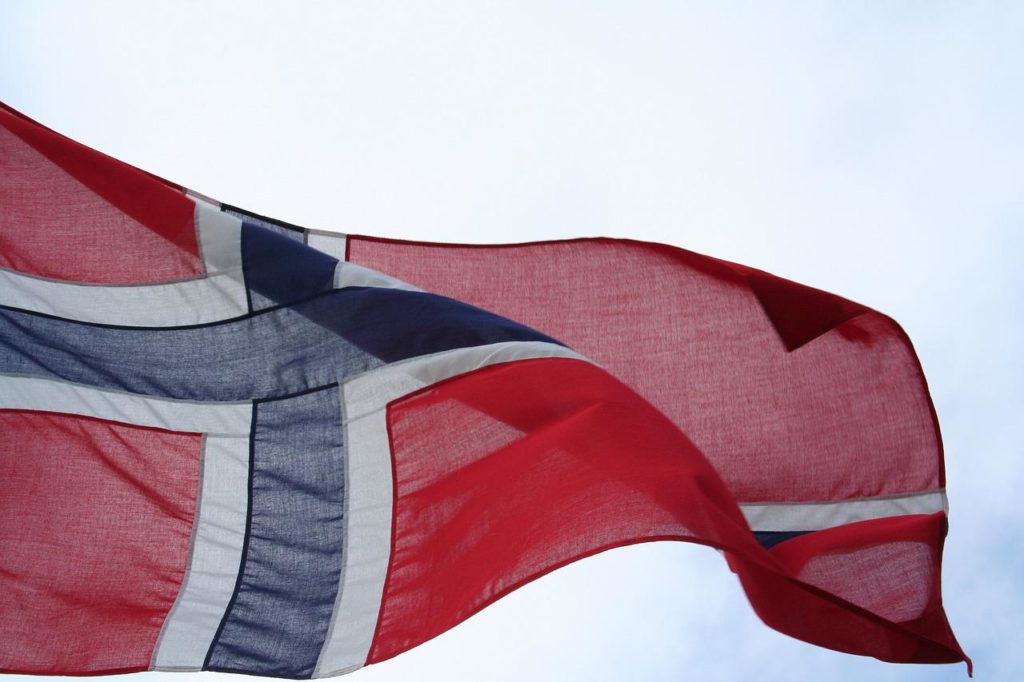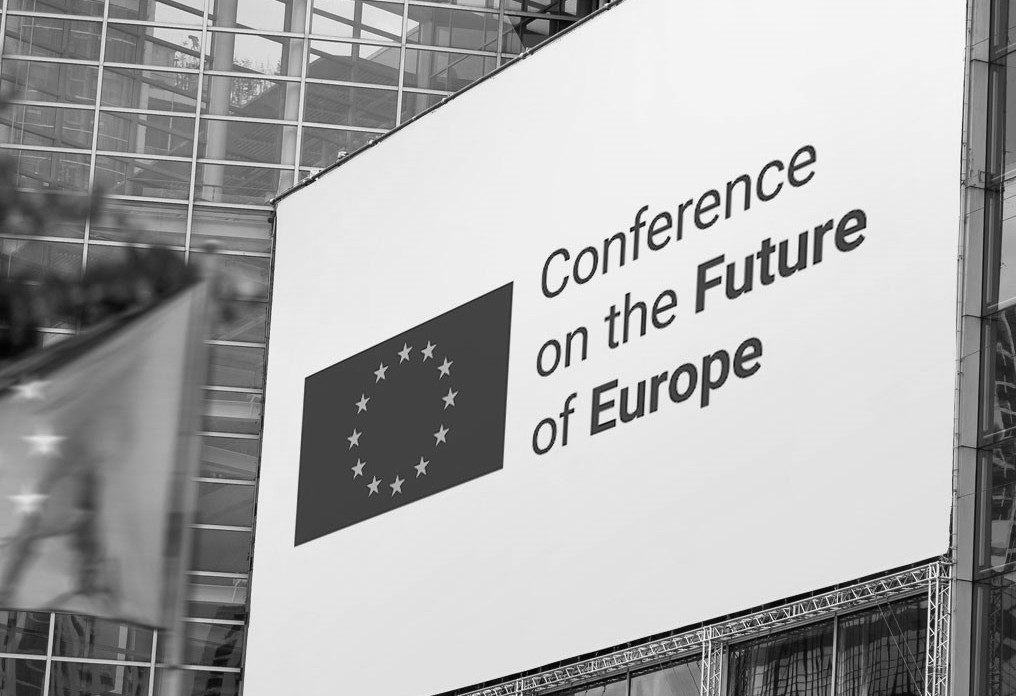
In practice, the merger between mainstream Keynesian economics and welfare-state policy was exactly what drove most of Europe into its current state of stagnation.

Estonian Foreign Minister Eva-Maria Liimets explained that “Estonia has a leading role in defending media freedom in the world.”

News of the Norwegian production increase is expected to cool off the price hike that followed proposals for new European sanctions against Russia.

While the U.S. has its economic problems, the runaway government debt being an ominous example, its unending reliance on domestic spending for domestic prosperity is a winning recipe over time.

In its press release, the ECB reports that bank credit to euro-area residents grew at 5.9% in March.

The Conference for the Future of Europe displayed a lack of expertise on the limitations of EU powers as enshrined in the Union’s constitution.

At 3.0%, Sweden ranked lowest in year-to-year GDP growth; Germany came in second from the bottom at 3.7%

Over time, as artificial intelligence gets more entrenched in the realm of moral decision-making, it is entirely possible that the AI’s used for those decisions become standardized. But is this desirable? The answer has less to do with the form under which the decision is made—an algorithm or a human brain—and more with what moral values the decision maker applies to the problem.

Kavala is accused of having contributed to the funding of the protests in Gezi Park in Istanbul in 2013.

In addition to statutory changes, wages in the Hungarian labor market are also affected by strong demand for labor.

While short-term adjustments in spending can boost government efficiency and eliminate wasteful programs, a permanent solution to economic stagnation and unending budget deficits must focus on the ideological core of the welfare state.

It looks increasingly unlikely that the Swedish people will get to voice their opinion on the question of NATO membership.